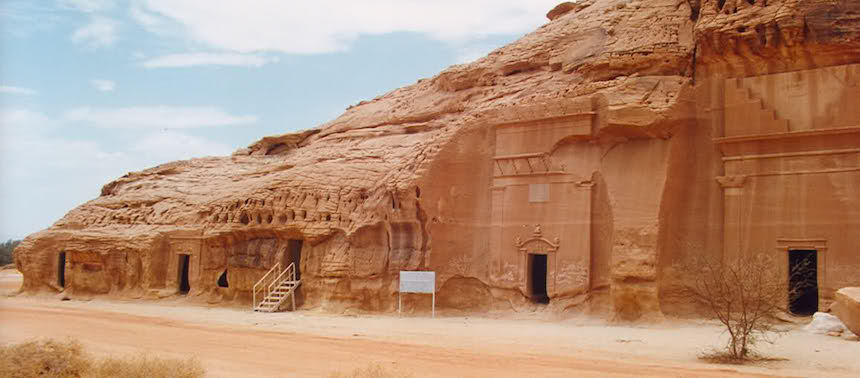Qur’an Cover-to-Cover: Day 21 (“Rock City”)

So, I’ve made a decision… Once I reach the halfway point in the Qur’an (which should happen in a few days), I’m going to take a break from this series for a couple of weeks.
I’ve finally managed to make contact with a local Imam, so I’m hoping to meet him soon and start working through the large backlog of questions I’ve recorded about the chapters read thus far.
I’m sure that more than a few of you are getting a bit tired of the relentless posts about Isalm. To be honest, I’m also finding that my daily reading and writing is becoming a bit of a grind. It’s time-consuming and there are some other long-overdue posts I’d much prefer to complete!
However, as I am not quite at the halfway point, today I read the chapter of the Qur’an which is rather excitingly titled “Rock City”…
Surah 15 – “Rock City” (Al-Hijr)
We open with the affirmation that this is a “clear Qur’an [i.e. recitation]”. I will no longer point out when the Qur’an’s chapters begin like this. Hitherto, I wanted to make sure that I emphasized in these notes how often the Qur’an affirms its perspicuity.
We are told that no city was ever destroyed which had not previously received a warning of imminent destruction from one of Allah’s Messengers. This will be important for the examples which we will cover later in this surah.
We hear the common objections given by the disbelievers:
- Accusations of madness against the Messenger
- Expectations of angels accompanying the Messenger









